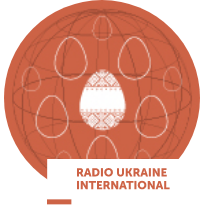"These are signals from our European partners, because the sanctions are the up to date administrative tool in the world. Its main point is that when sometimes any state reshuffles government, the sanctions prevent ex-officials from escape with the robbed [money]. For example, such regime works in Switzerland. When the government reshuffled, they [new authorities] block the accounts [of former ones] at once, carry investigation and then unblock," Kasko said in an interview with Segodnya newspaper. He said that this very mechanism was used in Switzerland in February 2014 against 20 senior officials, Yanukovych and his son Oleksandr as well. "But they [sanctions] are of administrative character and meant to provide for law enforcement agencies [in Ukraine] a delay and a possibility to find everything out. Our law enforces were given time up to the neck. Theoretically, a year was good enough, but they were given two. If they within two years didn't manage find evidence of the criminal origin of these assets, excuse me guys, you were given a chance. If you didn't arrest [accounts and property] over your own criminal cases for the period you were given, EU won't take responsibility for this and won't continue hold these money and other assets," Kasko said. The deputy prosecutor said that if Ukrainian investigators in the Ukrainian criminal cases won't find evidence of the criminality of the assets of Yanukovych and his associates by March, then the sanctions of the European states could be easily lifted.
Europe can unfreeze Yanukovych, associates' accounts in March 2016 if Ukraine fails to prove criminal origin
1.12.2015 р., 16:15
Останні новини
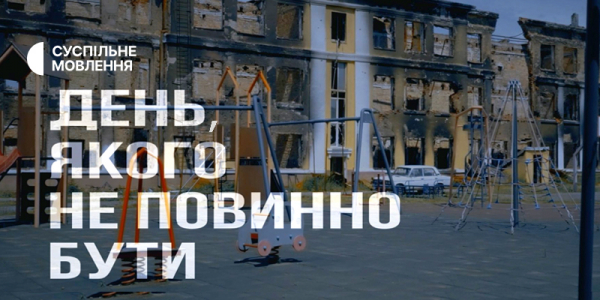
"День, якого не повинно бути" — поезія темних часів на Радіо Промінь
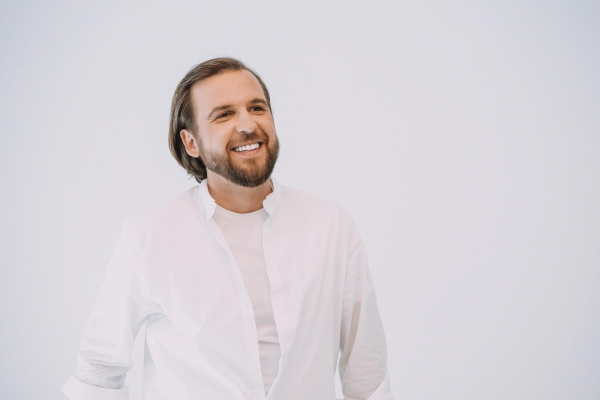
"Без Обмежень" новою піснею закликають берегти військових
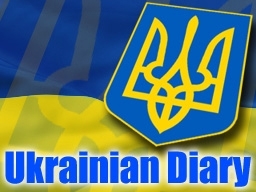
Ukrainian Diary – digest of the most important news over the past week
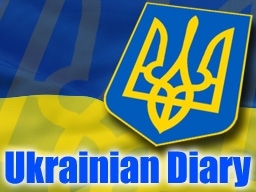
Ukrainian Diary – digest of the most important news over the past week (audio)
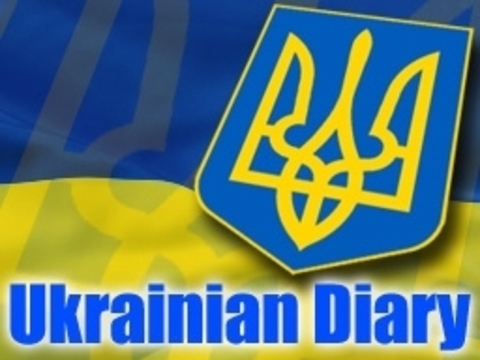
Ukrainian Diary – digest of the most important news over the past week
Related News
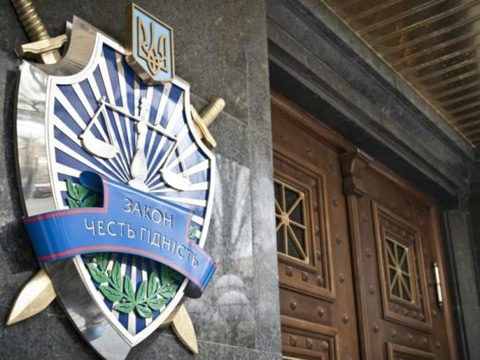
Court ruling on confiscation involving Yanukovych classified
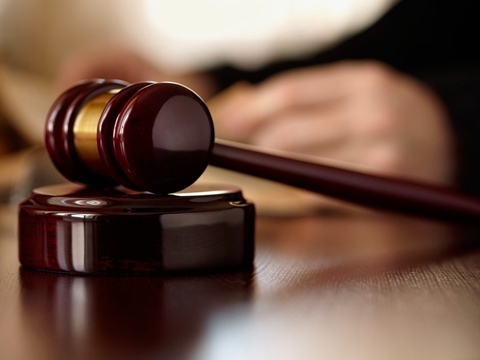
Hearing of Yanukovych treason case to continue on Jan 17
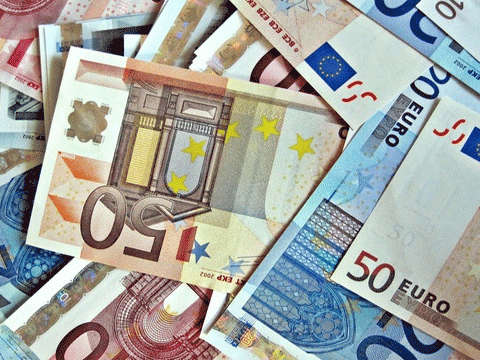
EU to provide irretrievable donor assistance worth EUR 50 million to finance Energy Efficiency Fund
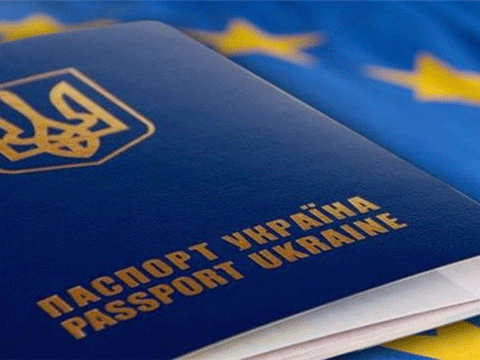
Visa free regime with European Union used by around 380 thousand Ukrainians
Germany offers EU alternative model of relations with Kyiv



